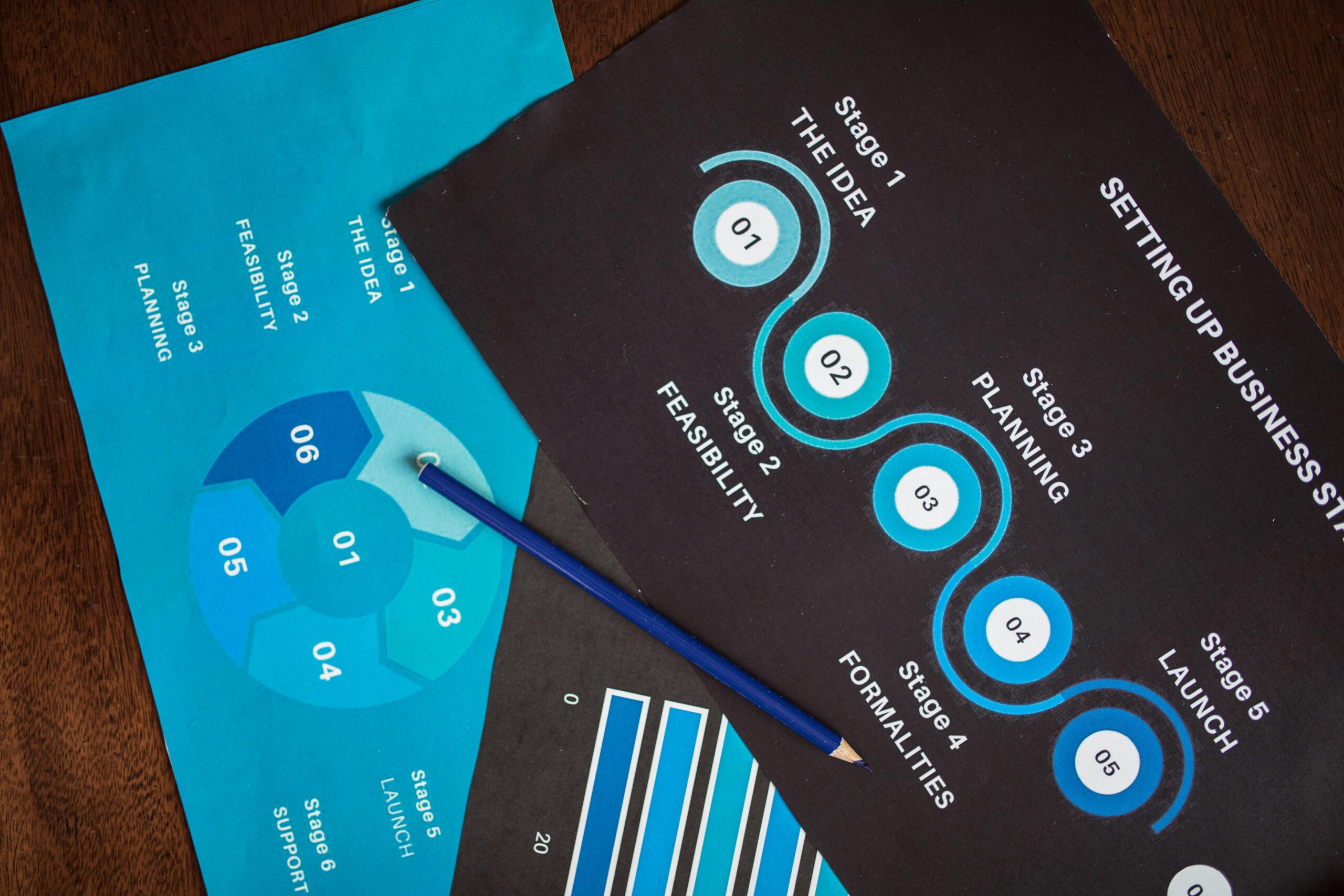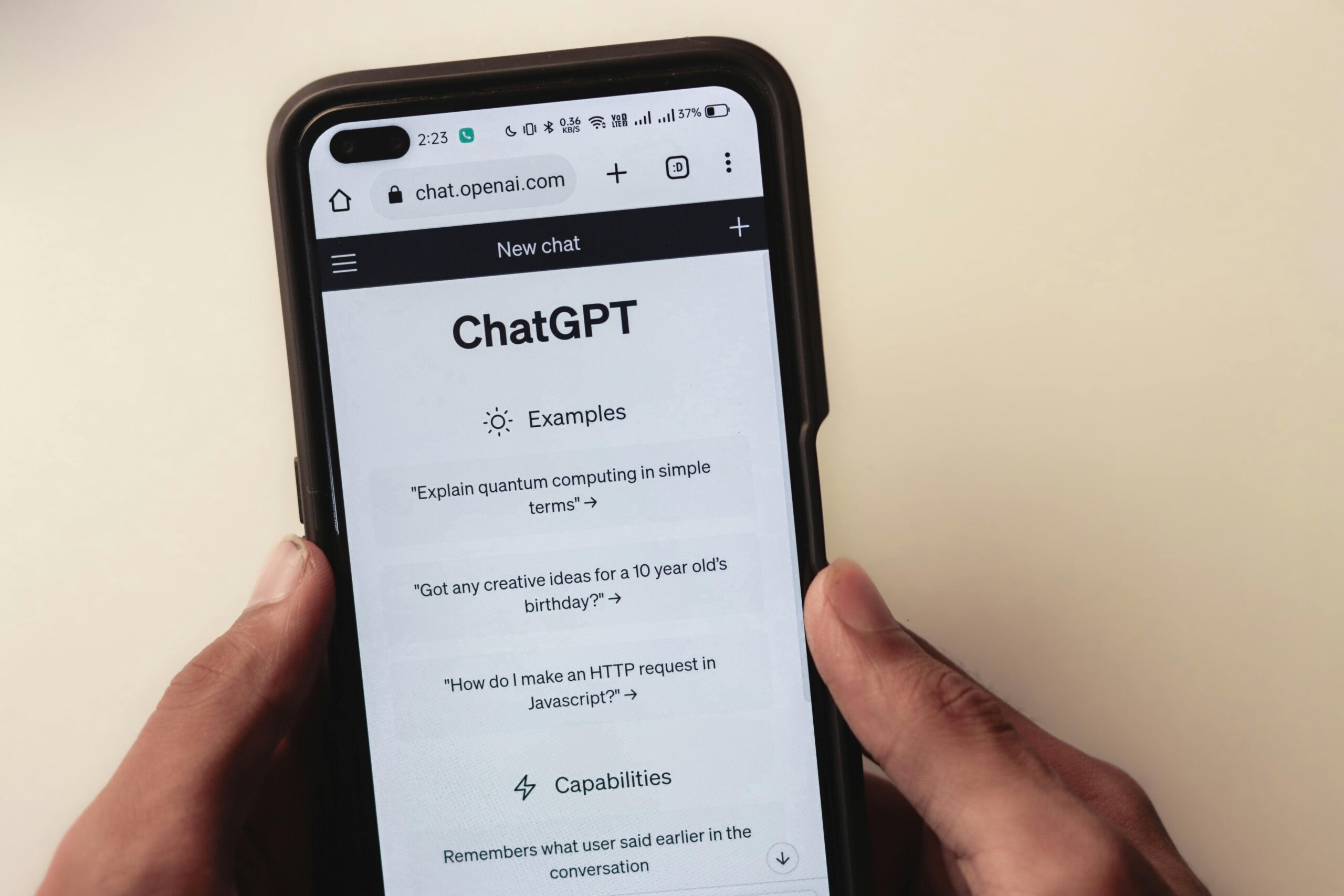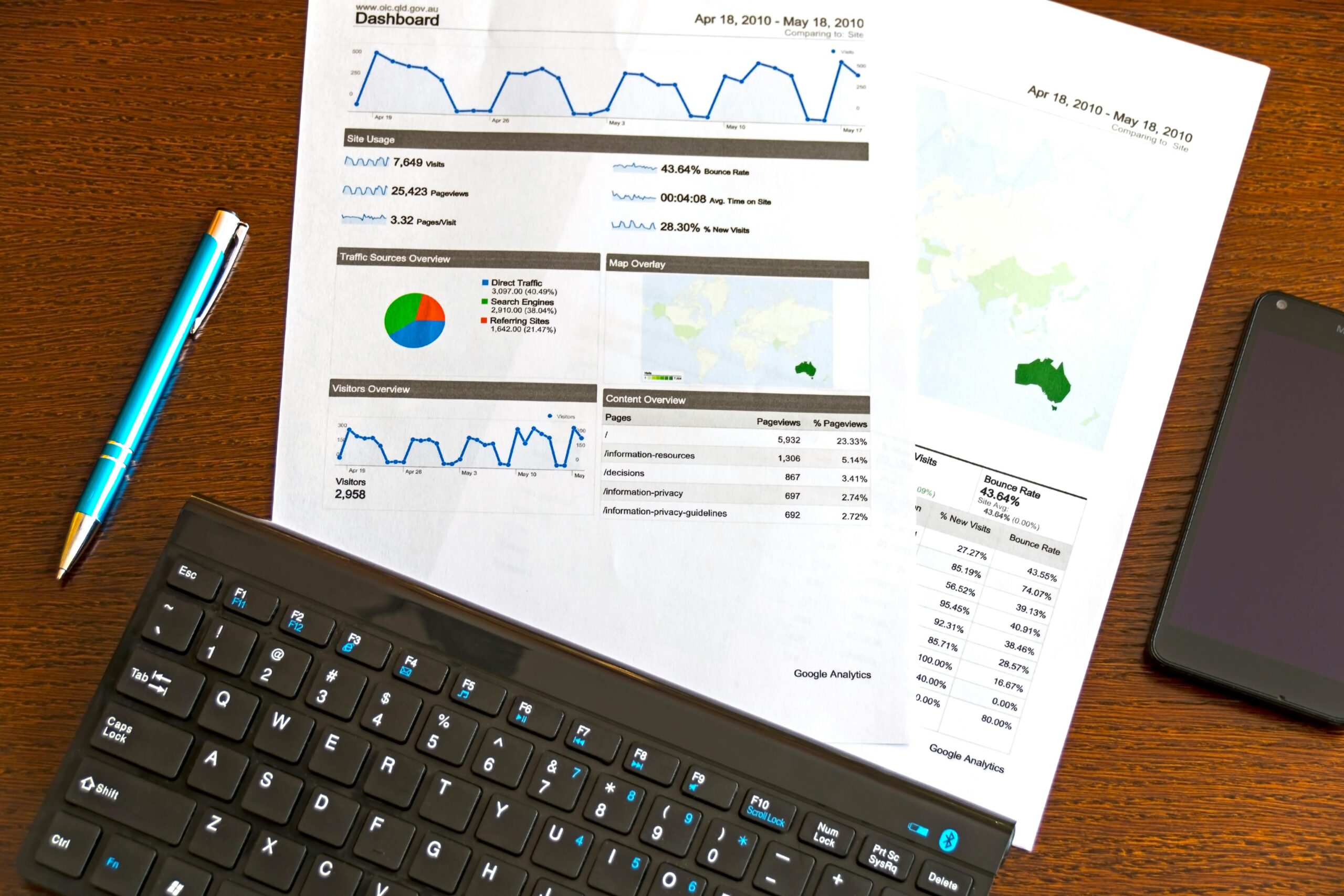
Introduction: The AI Revolution in Marketing
Artificial intelligence (AI) is rapidly transforming the marketing landscape. From automating tasks to personalizing customer experiences, AI offers unparalleled opportunities to enhance your AI marketing strategy and improve campaign performance. The benefits of using AI in marketing are numerous, including increased efficiency, improved personalization, better targeting, and enhanced ROI. This guide will provide you with a step-by-step approach to help you implement AI marketing effectively.
Step-by-Step Instructions: Implementing AI in Your Marketing Strategy
Step 1: Define Your Marketing Goals and Objectives
Before you start to implement AI marketing, it’s crucial to establish clear marketing goals. What do you want to achieve? Are you aiming to increase brand awareness, generate more leads, boost sales, or improve customer retention? Identifying these goals will help you determine where AI can be most effective. For example, if your goal is to increase lead generation, you might consider using AI-powered chatbots on your website. This aligns with the information provided in the article “How to Use AI to Supercharge Your Digital Marketing”, which covers identifying marketing goals and choosing the right AI tools.

Step 2: Identify and Choose the Right AI Tools
There’s a wide array of AI tools available for Digital Marketing. These include chatbots for customer service, content generation tools for creating blog posts and social media updates, and analytics platforms for tracking and analyzing campaign performance. To choose the right tools, assess your specific needs and budget. Consider the features offered by each tool and how well they align with your marketing goals. The article “How AI Can Transform Your Digital Marketing” offers guidance on selecting AI tools, along with information on AI marketing strategy. Additionally, the YouTube video “How To Use AI to Start, Build & Grow Your Small Business (20 AI …)” (https://www.youtube.com/watch?v=nkuPUJVzB_E&pp=0gcJCfwAo7VqN5tD) offers a list of AI tools for different business functions. Harvard Business Review’s article, “How to Design an AI Marketing Strategy” (https://hbr.org/2021/07/how-to-design-an-ai-marketing-strategy), also provides valuable insights into designing and implementing AI strategies.

Step 3: Data Collection and Preparation
Data is the lifeblood of AI-driven marketing. You need to collect relevant data about your customers, their behavior, and your marketing campaigns. This data can come from various sources, such as website analytics, social media interactions, and customer relationship management (CRM) systems. Once collected, your data needs to be prepared for use with AI tools. This often involves cleaning, organizing, and formatting the data to ensure its accuracy and usability. Always consider data privacy and ethical considerations. Ensure you comply with all relevant regulations, such as GDPR and CCPA, and be transparent with your customers about how you collect and use their data.
Step 4: Implementing AI Tools and Automating Tasks
Now, it’s time to integrate your chosen AI tools into your existing marketing workflows. This might involve connecting a chatbot to your website, integrating a content generation tool into your content creation process, or using an analytics platform to track your campaign performance. One of the significant advantages of AI is its ability to automate repetitive tasks. For example, you can automate social media posting, email marketing campaigns, and customer service responses, freeing up your team to focus on more strategic initiatives. As stated in the article “How to Use AI to Skyrocket Your Marketing ROI: A Beginner’s Guide”, automation can significantly improve your marketing ROI. The Reddit thread “What’s the Best Way to Use AI to Enhance your Marketing Strategy?” (https://www.reddit.com/r/marketing/comments/16alkw4/whats_the_best_way_to_use_ai_to_enhance_your/) highlights how AI can automate social media posts, comments, and messaging.

Step 5: Analyzing Results and Optimizing Performance
Once you’ve implemented your AI tools, it’s essential to monitor and analyze their performance. Track key metrics such as website traffic, lead generation, conversion rates, and customer engagement. Use the data you gather to optimize your marketing campaigns. For example, if your chatbot isn’t generating enough leads, you might adjust its prompts or refine its responses. Continuous monitoring and optimization are crucial for maximizing the effectiveness of your AI tools. The Digital Shift’s guide, “How to Use AI to Supercharge Your Digital Marketing” (https://thedigitalshift.co/how-to-use-ai-to-supercharge-your-digital-marketing/), emphasizes the importance of analyzing results to improve your AI marketing strategies.

Tips and Warnings: Maximizing AI’s Potential and Avoiding Pitfalls
Tip 1: Start Small and Iterate
Don’t try to overhaul your entire marketing strategy at once. Instead, start with small-scale AI experiments. For example, you might test a chatbot on a single page of your website or use a content generation tool to create a few blog posts. Continuously learn from your experiences and make improvements as you go. This iterative approach will help you avoid costly mistakes and gradually refine your AI marketing strategy.
Tip 2: Focus on Data Quality
As mentioned earlier, data quality is critical for AI success. Ensure your data is clean, accurate, and relevant. Implement data validation and cleansing procedures to identify and correct any errors. The better the quality of your data, the more reliable and effective your AI tools will be.
Tip 3: Maintain a Human Touch
While AI can automate many tasks, don’t forget the value of human creativity and judgment. AI tools are powerful, but they’re not a replacement for human expertise. Balance AI with human oversight to ensure your marketing efforts are both effective and engaging. The article “How AI Can Transform Your Digital Marketing” stresses the importance of balancing AI and human oversight.

Warning 1: Avoid Over-Reliance on AI
It’s tempting to rely solely on AI, but this can lead to problems. Always have human oversight in place to review and approve AI-generated content and ensure your marketing efforts align with your brand’s values and goals. The potential for AI bias, as discussed in the next warning, makes human oversight even more crucial.
Warning 2: Be Aware of Bias
AI models are trained on data, and if that data contains biases, the AI will likely reflect those biases in its outputs. Be aware of the potential for AI bias and take steps to mitigate it. This might involve carefully selecting your data sources, reviewing the outputs of your AI tools for any signs of bias, and making adjustments as needed.
Conclusion: The Future of AI in Marketing
This guide has provided you with a step-by-step approach to implementing AI in your AI digital marketing strategy, from defining your goals to analyzing results. By following these instructions and heeding the tips and warnings, you can harness the power of AI to transform your marketing efforts. The future of marketing is undeniably intertwined with AI, offering exciting opportunities for innovation, growth, and increased efficiency. Embracing AI is no longer optional; it’s essential for staying competitive in today’s rapidly evolving market.

Summary
AI is revolutionizing marketing by automating tasks, personalizing experiences, and improving campaign performance. This guide provides a step-by-step approach to implementing AI, from defining goals to analyzing results. Key tips include starting small, focusing on data quality, and maintaining a human touch. Be aware of potential pitfalls like over-reliance and bias. The future of marketing is intertwined with AI, offering exciting opportunities for innovation and growth.
FAQ
What are the main benefits of using AI in marketing?
- Expected Answer: Increased efficiency, improved personalization, better targeting, and enhanced ROI.
What types of AI tools are available for marketing?
- Expected Answer: Chatbots, content generation tools, analytics platforms, social media management tools, and more.
How do I choose the right AI tools for my business?
- Expected Answer: Assess your marketing goals, identify areas for improvement, and research tools that align with your needs and budget.
How important is data quality in AI-driven marketing?
- Expected Answer: Data quality is crucial; clean, accurate data is essential for AI tools to function effectively and provide reliable results.
What are some potential drawbacks of using AI in marketing?
- Expected Answer: Over-reliance on AI, potential for bias, and the need for human oversight and creativity.
Additional Resources / References
- How to Use AI to Enhance Your Marketing Strategy (https://thedigitalshift.co/how-to-use-ai-to-enhance-your-marketing-strategy/)
- How AI Can Transform Your Digital Marketing (https://thedigitalshift.co/how-ai-can-transform-your-digital-marketing/)
- How to Craft Successful Facebook Ads for Your Business (https://thedigitalshift.co/how-to-craft-successful-facebook-ads-for-your-business/)
- How to Use AI to Supercharge Your Digital Marketing (https://thedigitalshift.co/how-to-use-ai-to-supercharge-your-digital-marketing/)
- How to Use AI to Skyrocket Your Marketing ROI: A Beginner’s Guide (https://thedigitalshift.co/how-to-use-ai-to-skyrocket-your-marketing-roi-a-beginners-guide/)
- What’s the Best Way to Use AI to Enhance your Marketing Strategy? (https://www.reddit.com/r/marketing/comments/16alkw4/whats_the_best_way_to_use_ai_to_enhance_your/)
- How To Use AI to Start, Build & Grow Your Small Business (20 AI … (https://www.youtube.com/watch?v=nkuPUJVzB_E&pp=0gcJCfwAo7VqN5tD)
- How to Design an AI Marketing Strategy – Harvard Business Review (https://hbr.org/2021/07/how-to-design-an-ai-marketing-strategy)
- The best Generative AI tools for writing marketing plans and … (https://www.smartinsights.com/digital-marketing-strategy/the-best-generative-ai-tools-for-writing-marketing-plans-and-strategies/)
- 26 best AI marketing tools I’m using to get ahead in 2025 (https://www.marketermilk.com/blog/ai-marketing-tools)



